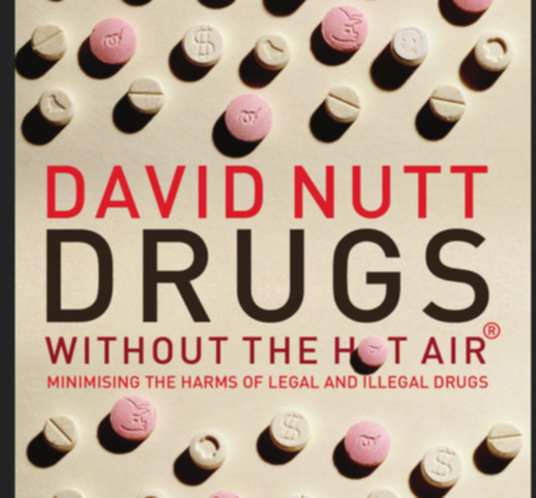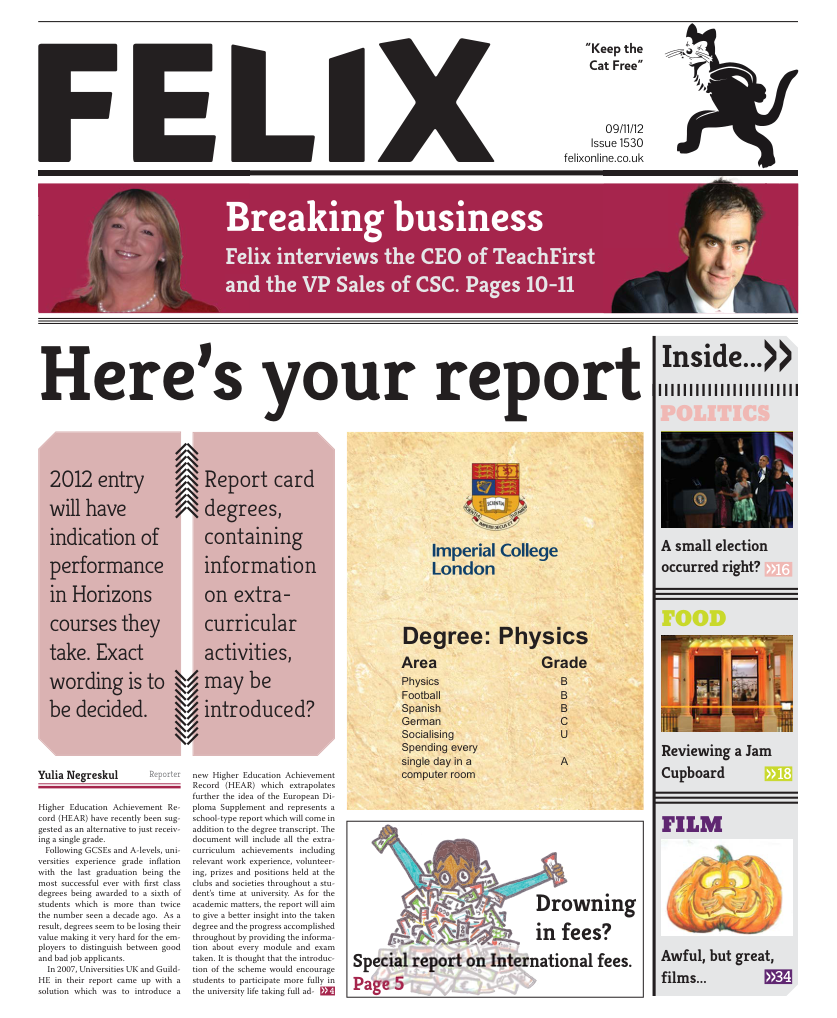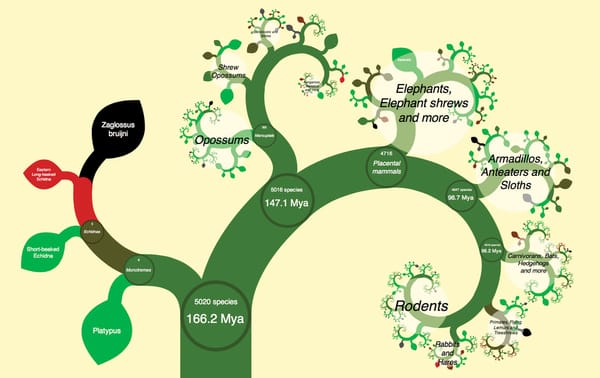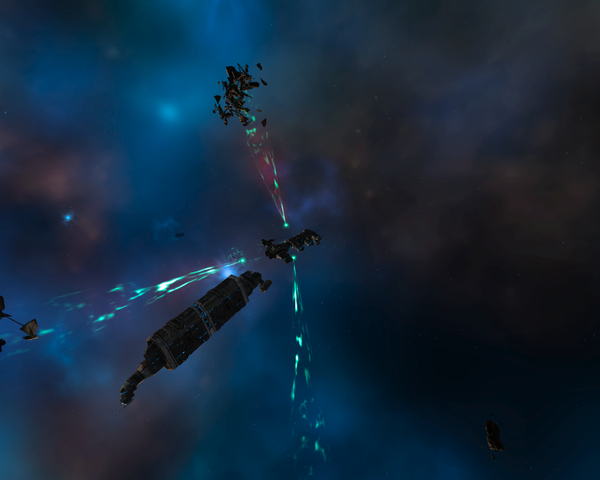Sex, drugs and Professor David Nutt
Imperial's resident former advisor's new book is an intriguing read on the science and history of drugs

Until the recent “Ecstasy Live” TV show, Professor David Nutt was best known as “the scientist who got sacked”. After giving a lecture that discussed the harms of cannabis, Prof Nutt was asked (by the then Home Secretary, Alan Johnson) to resign as Chair of the Advisory Council on the Misuse of Drugs (ACMD). The irony, as discussed in Drugs Without The Hot Air was that Prof Nutt was sacked for advising the government on policy, which as he understood was the purpose of the ACMD.
Prof Nutt’s book explores new methods for reducing the harm of legal and illegal drugs. This starts with a critique of the current classification system for drugs. This system should accurately notify the public on the harms done by certain drugs: a more harmful drug should be in a higher class. In reality, Prof Nutt argues, much of the time harms are little considered and moral reasons are provided for the classification of drugs instead. His book does not attempt to convince people that taking drugs is a fun thing to do (something that was misunderstood by a lot of the critics of Channel 4’s live ecstasy trial). Instead, Prof Nutt argues for a drugs policy that is based on evidence and that indicates the harm posed by each drug. He also argues that the current “War on Drugs”, while being set up in good intentions, has had many negative effects: the criminalisation of young people; the lack of proper care for drug addicts; and the lack of funding into therapies for people living with mental-health disorders, such a depression and schizophrenia.
His book contains a broad, varied and detailed discussion of the effects, histories and harms of legal and illegal drugs. I found the chapters on the histories of cannabis, ecstasy and cocaine particularly interesting as they show that, all too often, the legal status of a drug is decided not by using scientific evidence, but also through moral, political and corporate ideologies. I have recommended this book to a lot of my friends as it’s an intelligent discussion of drugs policy is rarely found within other media. Equally, the hopeful way Prof Nutt writes leads me to believe that our politicians will, quite soon, invoke a truly evidence-based approach to drug policy.








